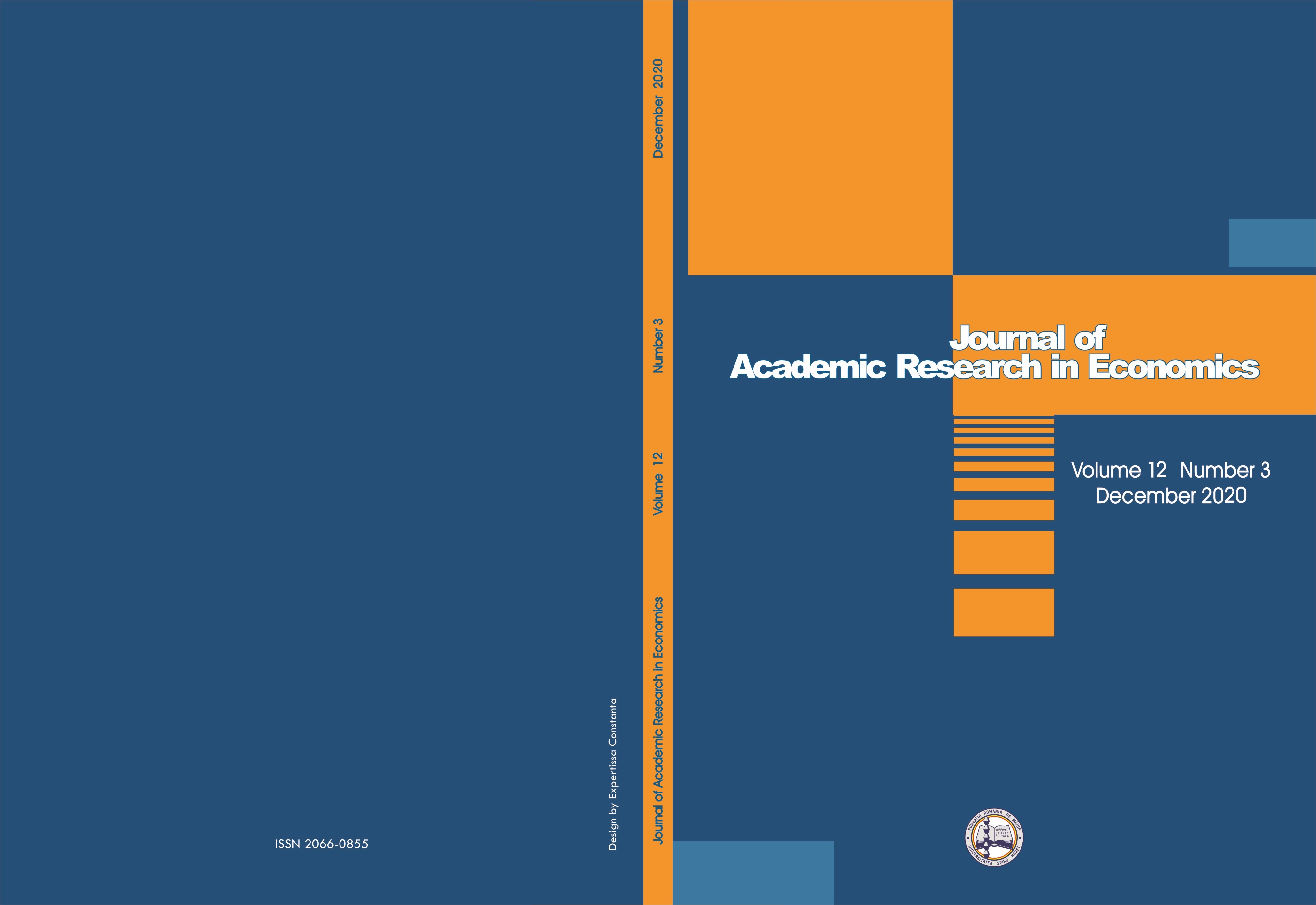DOES VALUE ADDED TAX CAUSE ECONOMIC INSTABILITY? EVIDENCE FROM NIGERIA
DOES VALUE ADDED TAX CAUSE ECONOMIC INSTABILITY? EVIDENCE FROM NIGERIA
Author(s): Ikponmwosa Michael Igbinovia, Eghosa Lawson IgbinoviaSubject(s): National Economy
Published by: Universitatea SPIRU HARET - Faculty of Accounting and Financial Management
Keywords: Economic Instability; VAT; Keynesian Theory; Price Instability; Excess liquidity;
Summary/Abstract: The need to examine the effect of fiscal policy instruments on fluctuations in key macro economic indicators such as the economic output (GDP), monetary policy (interest rate) and the general price level (inflation) motivated this study. VAT is a proven source of revenue generation, but its tendency to cause instability in the macro economy is still uncertain. Employing the VECM econometric estimation technique, the data sample for the period 1994 to 2019 was analysed and interpreted. Although a negative relationship was seen to exist between VAT and fluctuations in economic output, and a strong positive association between VAT and Price Instability, the Vector Error Correction Model (VECM) regression result showed that Value Added Tax does not promote shocks in key macro-economic variables as it exert insignificant influence on economic output instability, monetary policy instability and price instability. This is an indication that VAT could be useful in stabilizing the economy by synchronizing fiscal and monetary policy instruments in achieving desired macro-economic goals. VAT in Nigeria is mainly focused on revenue generation as it has not yet been harness as a useful tool for economic regulation and stabilization. Although the study finds support in the Keynesian theory, it recommends further examination to substantiate the findings of the study.
Journal: Journal of Academic Research in Economics (JARE)
- Issue Year: 12/2020
- Issue No: 3
- Page Range: 480-493
- Page Count: 14
- Language: English

